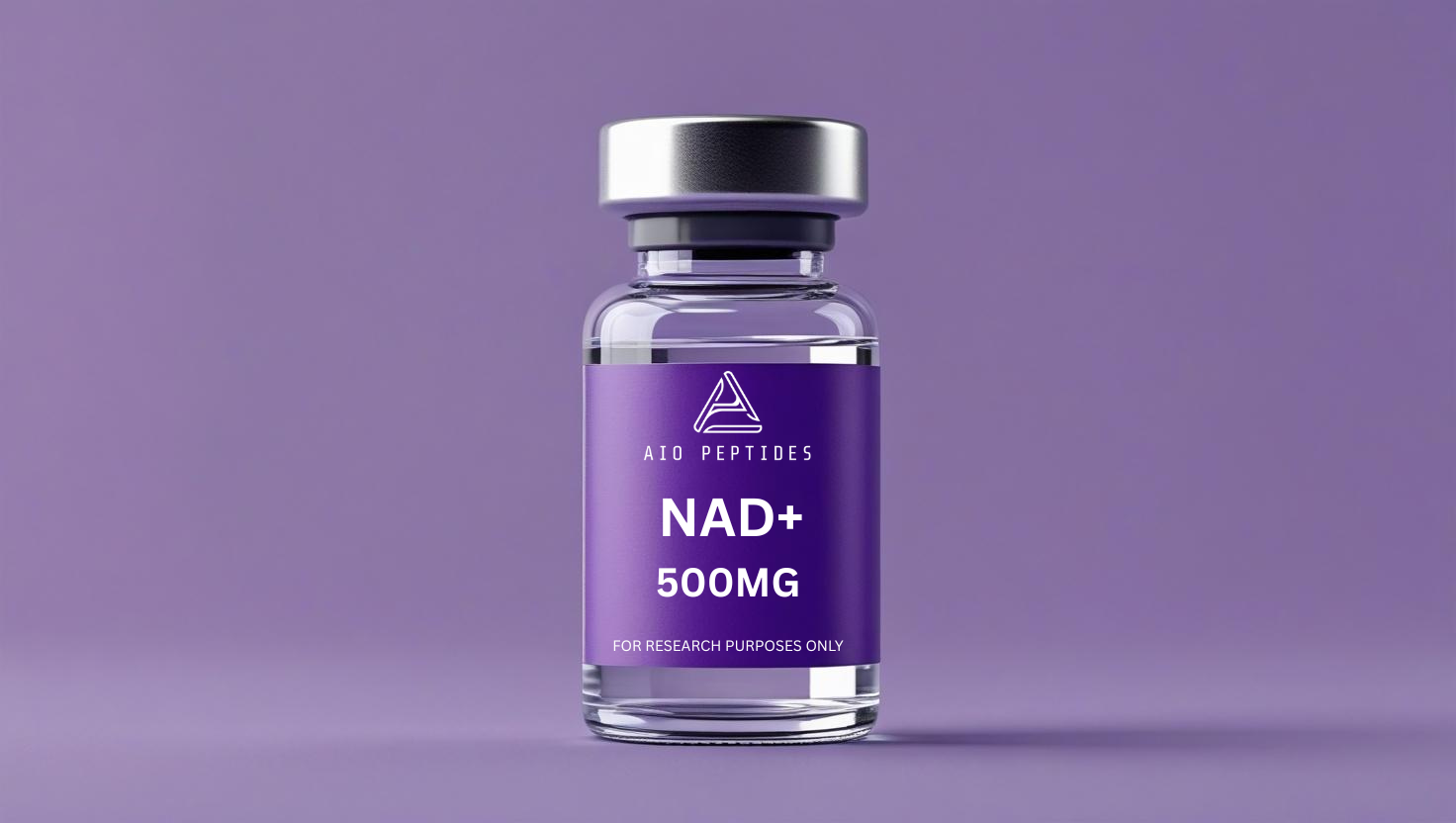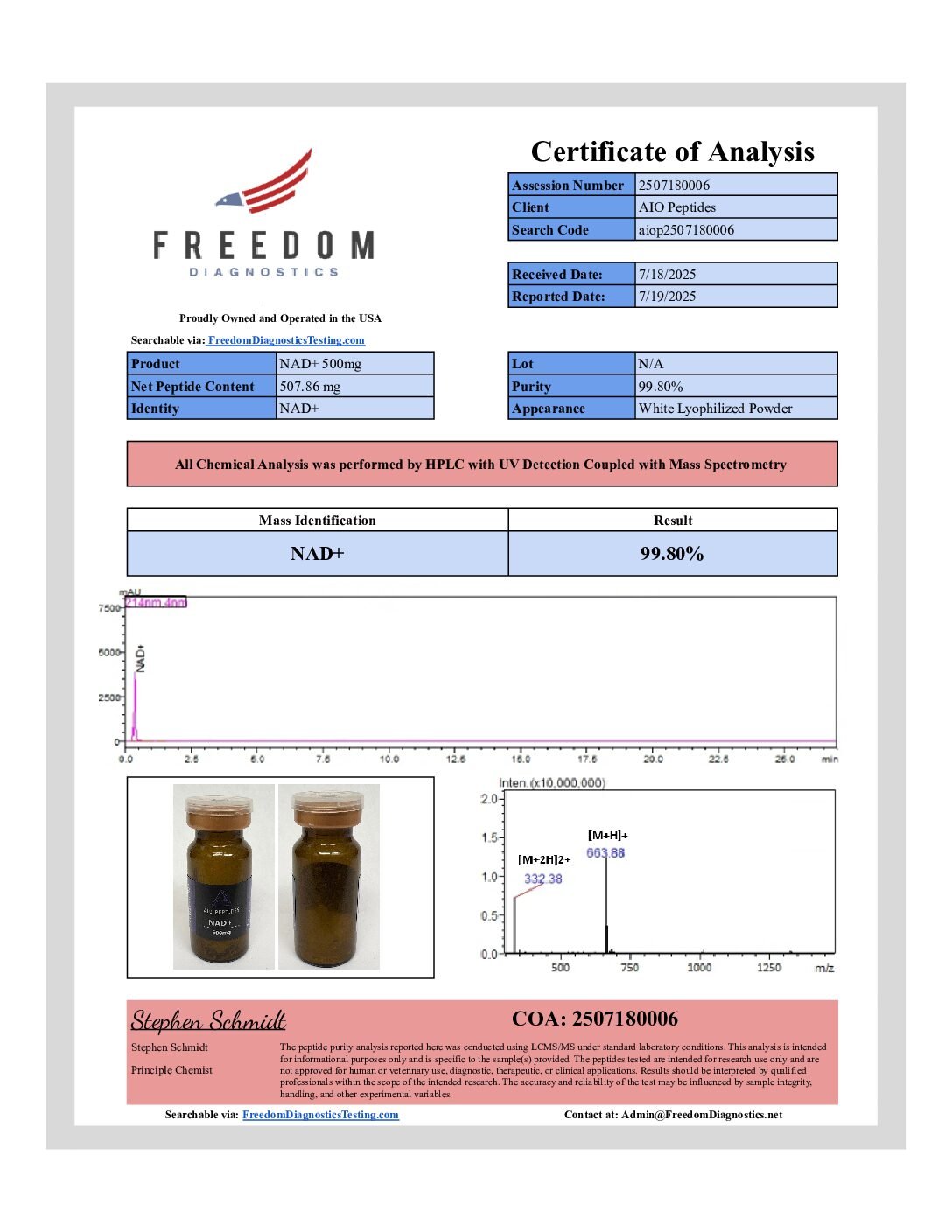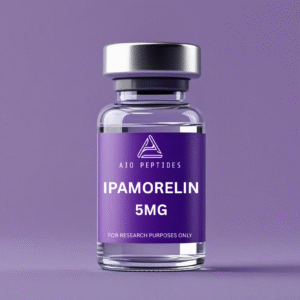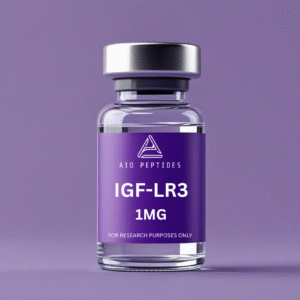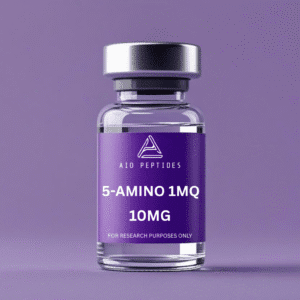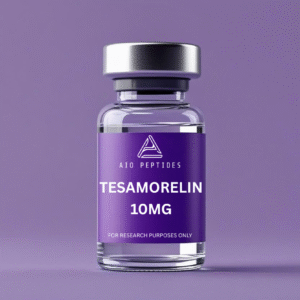Key Research Areas:
- Aging & Longevity:
NAD⁺ levels decline with age, impacting cellular repair and energy metabolism. Research explores NAD⁺ boosting as a strategy to extend healthspan and activate longevity-related proteins like sirtuins. - Neurodegenerative Diseases
NAD⁺ plays a protective role in brain health. Studies target its use in conditions such as Alzheimer’s, Parkinson’s, and ALS to enhance neuronal function and reduce oxidative stress. - Metabolic Disorders
NAD⁺ is central to metabolic regulation. Research focuses on treating obesity, insulin resistance, type 2 diabetes, and fatty liver disease through improved mitochondrial function. - NAD⁺ Precursors & Supplementation
Compounds like Nicotinamide Riboside (NR) and Nicotinamide Mononucleotide (NMN) are under investigation for their ability to safely and effectively raise NAD⁺ levels in the body. - DNA Repair & Genomic Stability
NAD⁺ is essential for activating DNA repair enzymes such as PARPs. Its role is being explored in cancer research and age-related genomic maintenance. - Inflammation & Immune Function
NAD⁺ influences immune cell behavior and inflammation. It is being studied for potential benefits in chronic inflammation, infections, and autoimmune diseases. - Product Care and Storage – All products are shipped using the Lyophilization process, which ensures that products remain stable for shipping for up to 3-4 months. Products must be reconstituted to a liquid, by mixing with bacteriostatic water for research and testing.
- Lyophilized or powder form – Store in cool, dry place away from light; can be stored at room temperature. Remains stable for several weeks or more.
For long term storage (months to years) freezing is optimal to preserve stability and maintain integrity. - Reconstituted form – Refrigerate under 39F; peptides will remain stable for up to 30 days.
- Usage – We are unable to provide any dosing instructions, however all products should be considered pharmaceutical grade.
- Disclaimer – This product is for research use only and is not intended for human consumption, diagnostic use, or clinical treatment. Proper laboratory safety protocols should always be followed when handling peptides.

